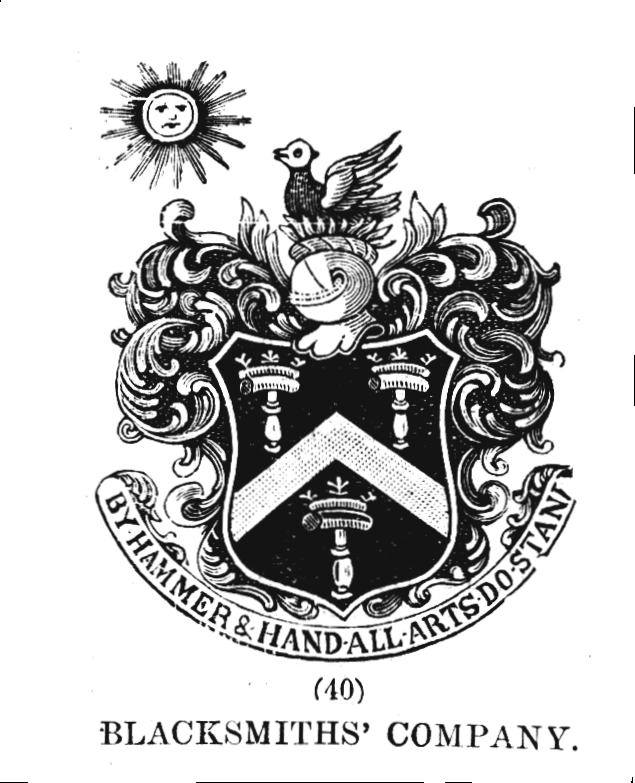Animism:
The term Anima is taken from the Latin (meaning: Life, breath, soul). It's earliest uses in English date back to 1720, when a German Chemist/Physicist named Gerog Ernst Stahl coined the phrase Animismus to describe his belief "that animal life is produced by an immaterial soul". In his paper "Primitive Cultures", Sir Edward B. Tylor published in February of 1872, popularized the term in Cultural Anthropology with his definition: "theory of the universal animation of nature" or more simply, "a belief in spirits/souls".
Until very recently (the mid 1960) the term was virtually unheard of outside scholarly circles when a revival of interest in alternate systems of belief surged up with the baby boomers and a progressive generation looking to reconnect with their spiritual roots, but shunned the dogmatic constraints of their elders, forefathers and parents.
According to Meriam-Websters Online Dictionary Resource...
Animism: n.
- :a doctrine that the vital principal of organic development is immaterial spirit.
- :attribution of conscious life to objects in and phenomena of nature or to inanimate objects.
- :belief in the existenc of spirits seperable from bodies.
This definition implies that anyone who believes in a spirit or soul that is seperable from the human body is an animist. Anyone who believes the soul lives on after death, that the spirit can travel without the need for a body, that spirits exist outside of the human form in both plants and animals, or in spiritual entities that may not have physical representations, is an animist.
So, according to this, pretty much every religion ever conceived is animist. Well, now isn't that confusing.
What are we talking about when we talk about Animist Religions or Belief Systems, then?
To begin with, animism by itself is not a religion. It is little more than a character or descriptive term used to describe elements within religions. As we see in the definition, those elements are pretty vague and all inclusive, so using the term "animist religion" seems redundant. However, there is a concession within academia that allows for the use of Animist Religion (note the captial 'A') when referring to certain types of religions as a sort of short hand.
When we talk about Animist religions, we are referring to systems of belief where the animist concepts are strongly favored as a world view, a way of perceiving the world, more a concept of reality than an abstract principal of belief. Angels in the Christian cosmology, represent an animist element within the Christian faith. However, the view that their influence is conditional on regulation of God, and so not central to what it means to be Christian, takes the focus off the animist view. Thus, Christianity, by virtue of this process of de-centralizing the animist elements in favor of other elements, is not considered an Animst Religion.
So, who is an animist?
If you have ever coaxed your car to start on a cold morning, kicked the coke machine at work for stealing your money, or felt a place had a mood, you are an animist. Anyone that believes thier deceased family watches over them, is an animist. These are clues to the inner, secret animist in all of us.
But, that doesn't make you a modern animist. Modern animists (taking the term and making it a viable description for a set of beliefs with no other name or intent), take that belief and embrace it, accepting that we are not the definitive peak of awareness but only a small element within a much larger, incomprehensible whole. To say that we believe in spirits is no longer strictly true as it implies to people that there is a seperation or differnece where none exists. Even using the term other-than-human-spirits, implies to many, a personification where people elevate the status of spirits to human. It would be far more accurate to say, most modern animists believe that it is the spirits who elevate us to their level, and that we may be a larger whole in one perspective, but that we only represent a part of an even greater whole.
That means, Animist Religions are the virtually countless indigenous religions of tribal societies all around the world where the central focus of belief lay in the relationship each member has with the spirits of the world around them, whether they are spirits of place, ancestors, luck, etc...
Tags: Anima, Animism, Animist, Anthropology, Belief, Cultural, Evolution, Shaman, Shamanism, Spirits, More…Tylor, of
Replies to This Discussion
About
© 2017 Created by Steve Paine.
Powered by![]()


